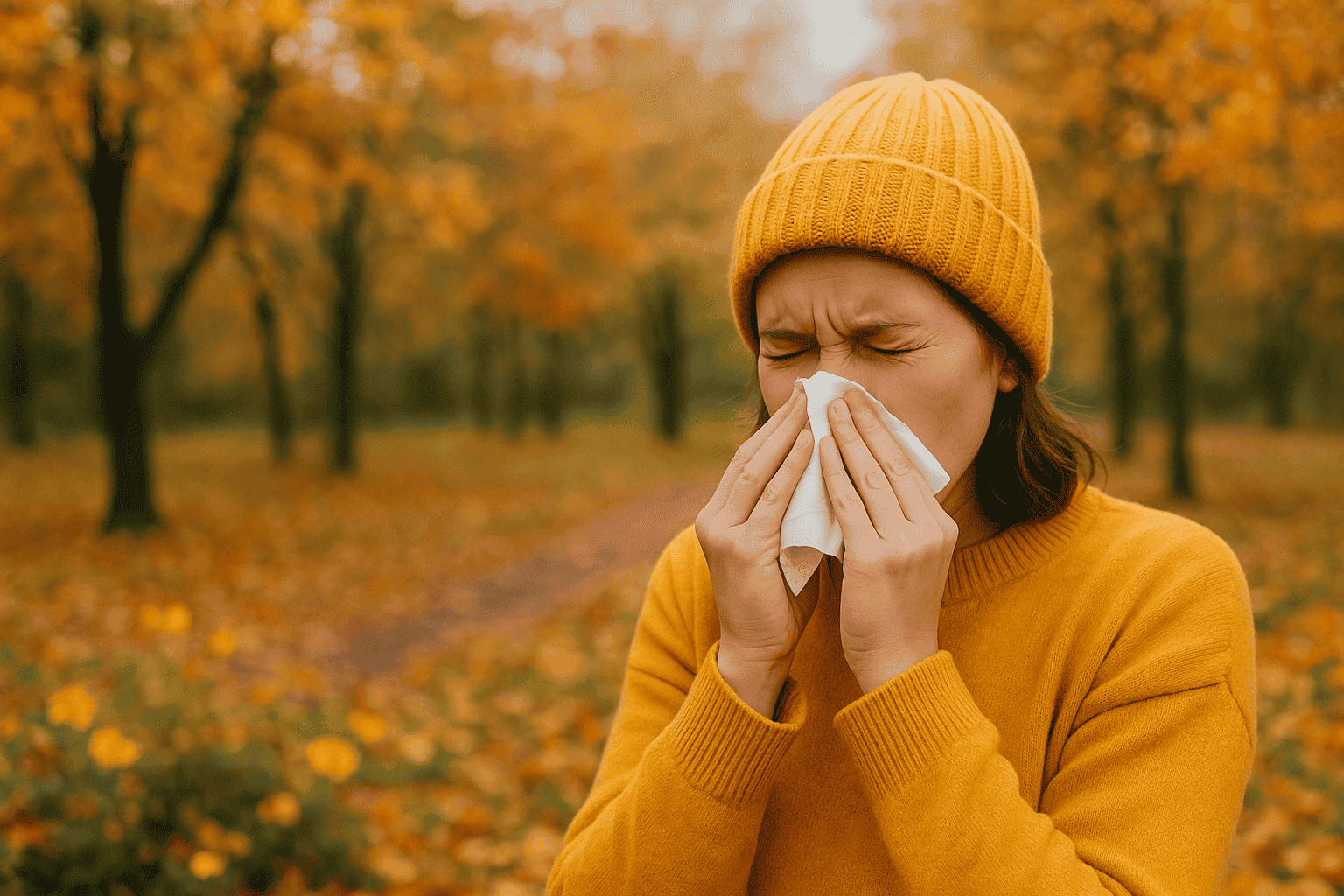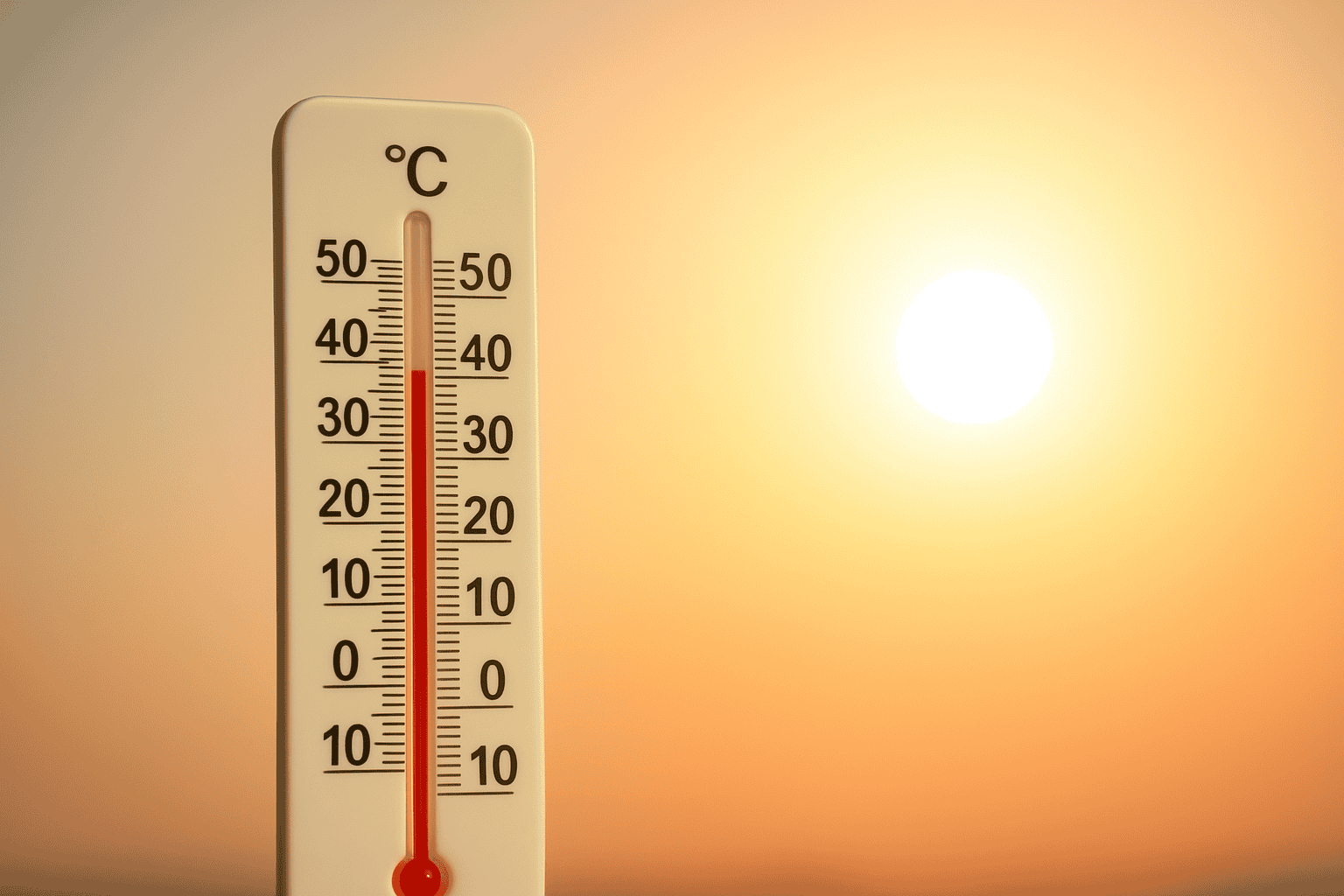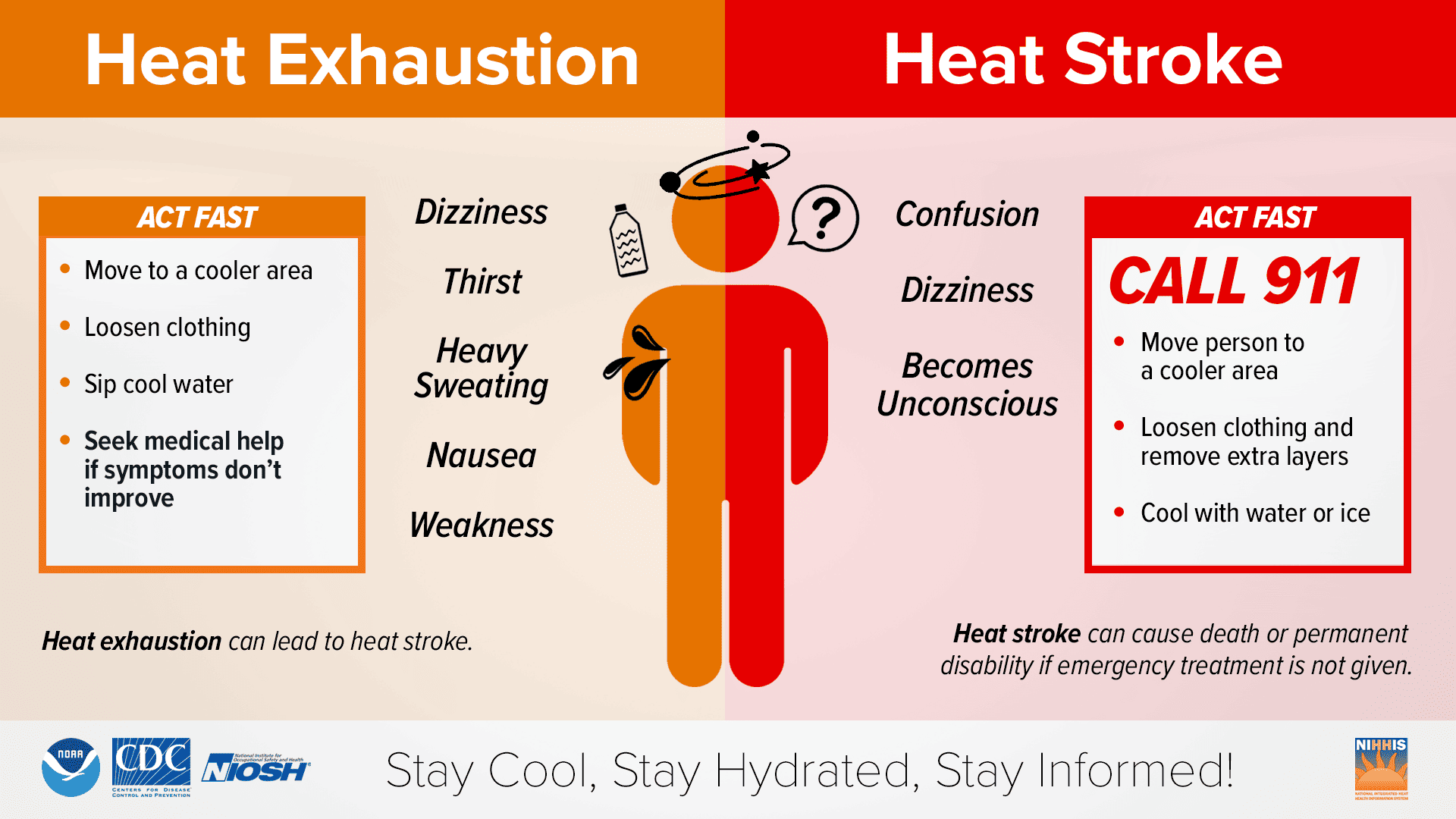
Introduction
Watermelon, scientifically known as Citrullus lanatus, is one of the most refreshing and popular fruits during the summer season. With its high water content (over 90%) and naturally sweet flavor, watermelon is often considered a symbol of hydration and vitality. However, beyond its delightful taste, watermelon offers a variety of health benefits—as well as some potential side effects if consumed excessively or in specific health conditions.
In this article, we will explore the nutritional profile of watermelon, its top health benefits, possible adverse effects, and the latest scientific findings from reputable sources such as Wikipedia, Harvard Medical School, and peer-reviewed journals like Nutrients and The Journal of Nutrition.

Body
🍉 Nutritional Profile of Watermelon
Watermelon is low in calories but rich in several essential nutrients. Below is a breakdown of the nutritional content in one cup (154g) of raw watermelon, based on data from the USDA and Wikipedia:
| Nutrient | Amount per cup (154g) | % Daily Value |
|---|---|---|
| Calories | 46 kcal | 2% |
| Water | 139g | – |
| Carbohydrates | 11.6g | 4% |
| Sugars | 9.5g | – |
| Protein | 0.9g | 2% |
| Vitamin C | 12.5mg | 14% |
| Vitamin A | 865 IU | 17% |
| Potassium | 170mg | 5% |
| Magnesium | 15mg | 4% |
| Lycopene | ~6,500 mcg | – |
Source: Wikipedia – Watermelon
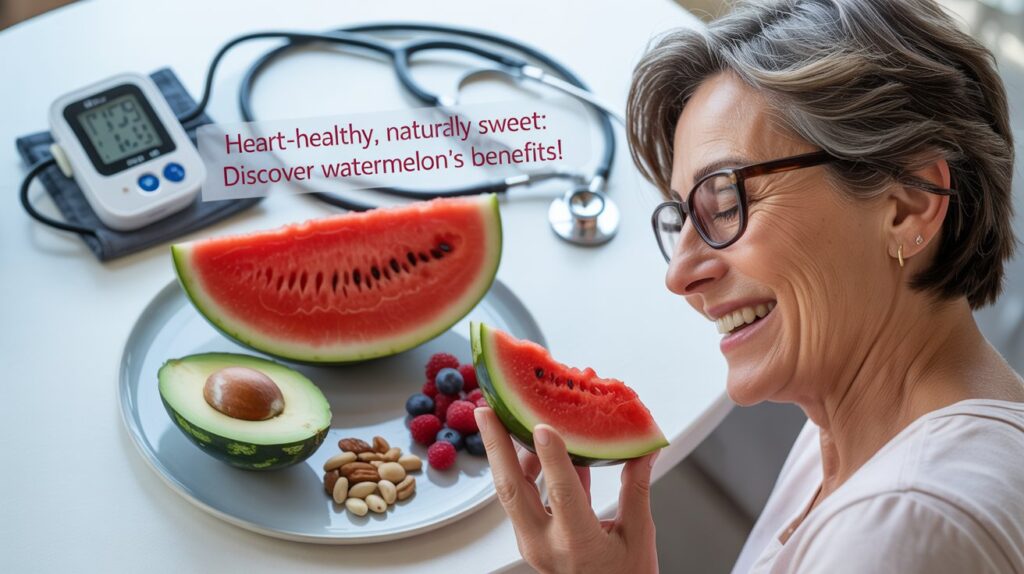
✅ Health Benefits of Watermelon
1. Excellent for Hydration
Watermelon is composed of over 90% water, making it an ideal fruit for hydration, especially in hot climates. It helps maintain electrolyte balance and prevents dehydration-related fatigue.
Medical insight: According to a study in Frontiers in Nutrition (2022), fruits like watermelon are efficient in rehydrating the body post-exercise, outperforming many sports drinks.
2. Rich in Antioxidants
Watermelon contains lycopene, vitamin C, and beta-carotene, which are potent antioxidants. These compounds help fight oxidative stress, reduce cell damage, and may lower the risk of chronic diseases.
Study: A 2021 publication in Nutrients confirms that lycopene in watermelon helps neutralize free radicals, reducing the risk of prostate cancer and heart disease.
3. Supports Heart Health
The presence of citrulline, an amino acid found in watermelon, is linked to improved blood flow and reduced blood pressure.
Scientific evidence: According to a study published in The American Journal of Hypertension (2019), citrulline supplementation derived from watermelon extract helped reduce arterial stiffness in adults with prehypertension.
4. Enhances Skin Health
The high concentration of vitamin C and A supports the production of collagen, which is essential for maintaining skin elasticity and preventing premature aging.
Dermatological insight: Dr. Whitney Bowe, a New York-based dermatologist, notes that water-rich fruits like watermelon “support dermal hydration and skin barrier repair.”
5. Aids Digestion
Although watermelon is low in fiber, its water content helps in promoting regular bowel movements and flushing out toxins from the digestive tract.
6. Improves Exercise Recovery
Watermelon juice is often used as a natural post-workout drink. The citrulline content helps reduce muscle soreness and fatigue.
Research-backed: A 2020 study in The Journal of Applied Physiology found that athletes who consumed watermelon juice experienced reduced recovery time and soreness after intense physical activity.

⚠️ Potential Side Effects of Watermelon
Despite its numerous benefits, excessive consumption of watermelon may lead to some adverse effects, especially in certain populations.
1. May Cause Digestive Issues
Overeating watermelon can result in bloating, gas, or diarrhea, due to its high fructose and water content.
Tip: Limit your intake to 2-3 servings per day to avoid gastrointestinal discomfort.
2. Can Raise Blood Sugar Levels
Although watermelon has a low glycemic load, it still contains natural sugars. Diabetics should consume it in moderation.
Expert opinion: Dr. David Ludwig from Harvard School of Public Health advises that while watermelon is generally safe for diabetics, large portions may spike blood glucose levels temporarily.
3. Potential for Allergic Reaction
In rare cases, some individuals may experience oral allergy syndrome (OAS) when eating watermelon, with symptoms like itching, swelling, or hives.
Note: This is more common in people allergic to ragweed pollen or latex.
4. Kidney Concerns
Patients with chronic kidney disease should be cautious, as watermelon contains moderate potassium levels, which may accumulate in the body if the kidneys are unable to excrete it efficiently.
Medical warning: The National Kidney Foundation recommends limiting potassium-rich foods for patients in later stages of kidney disease.
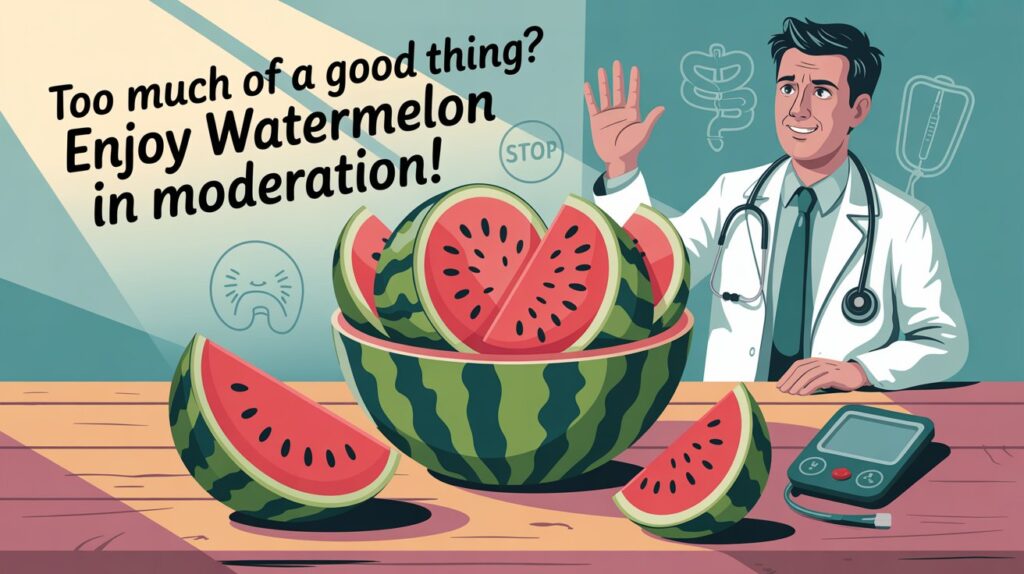
📊 Quick Summary Chart
| Aspect | Details |
|---|---|
| Best For | Hydration, heart health, skin, and muscle recovery |
| Key Nutrients | Lycopene, Citrulline, Vitamin C, Vitamin A, Potassium |
| Consumption Limit | 2-3 cups per day |
| Potential Risks | Bloating, sugar spikes, allergies, kidney overload |
| Safe For Diabetics? | Yes, in moderation and paired with fiber-rich meals |
| Scientific Backing | Studies from Nutrients, Harvard, AJH, and Wikipedia confirm benefits |
Conclusion
Watermelon is more than just a tasty summer fruit—it’s a nutritional powerhouse packed with hydrating properties, antioxidants, and compounds that support cardiovascular health, enhance skin beauty, and aid in muscle recovery. Its low calorie content and high water percentage make it ideal for weight management and hydration.
However, like all good things, moderation is key. Overconsumption can lead to digestive discomfort, blood sugar spikes, or electrolyte imbalance, particularly for those with underlying health conditions such as diabetes or kidney disease.
By understanding both the benefits and limitations of watermelon, you can enjoy this delicious fruit as part of a balanced and healthy diet.
References
- Wikipedia – Watermelon
https://en.wikipedia.org/wiki/Watermelon - USDA FoodData Central – Watermelon, raw
https://fdc.nal.usda.gov/fdc-app.html#/food-details/1102641/nutrients - Harvard T.H. Chan School of Public Health – The Nutrition Source
https://www.hsph.harvard.edu/nutritionsource/ - Figueroa, A. et al. Effects of watermelon supplementation on arterial function and blood pressure in prehypertensive individuals. Am J Hypertens (2019)
- Sesso, H.D. et al. Lycopene and cardiovascular disease prevention: emerging evidence and research gaps. Current Opinion in Lipidology (2021)
- Tarazona-Díaz, M.P. et al. Watermelon juice: potential functional drink for sore muscle relief in athletes. Journal of Applied Physiology (2020)
- Frontiers in Nutrition – Fruits as natural hydration agents (2022)
https://www.frontiersin.org/journals/nutrition - National Kidney Foundation – Potassium and Kidney Disease
https://www.kidney.org/atoz/content/potassium



